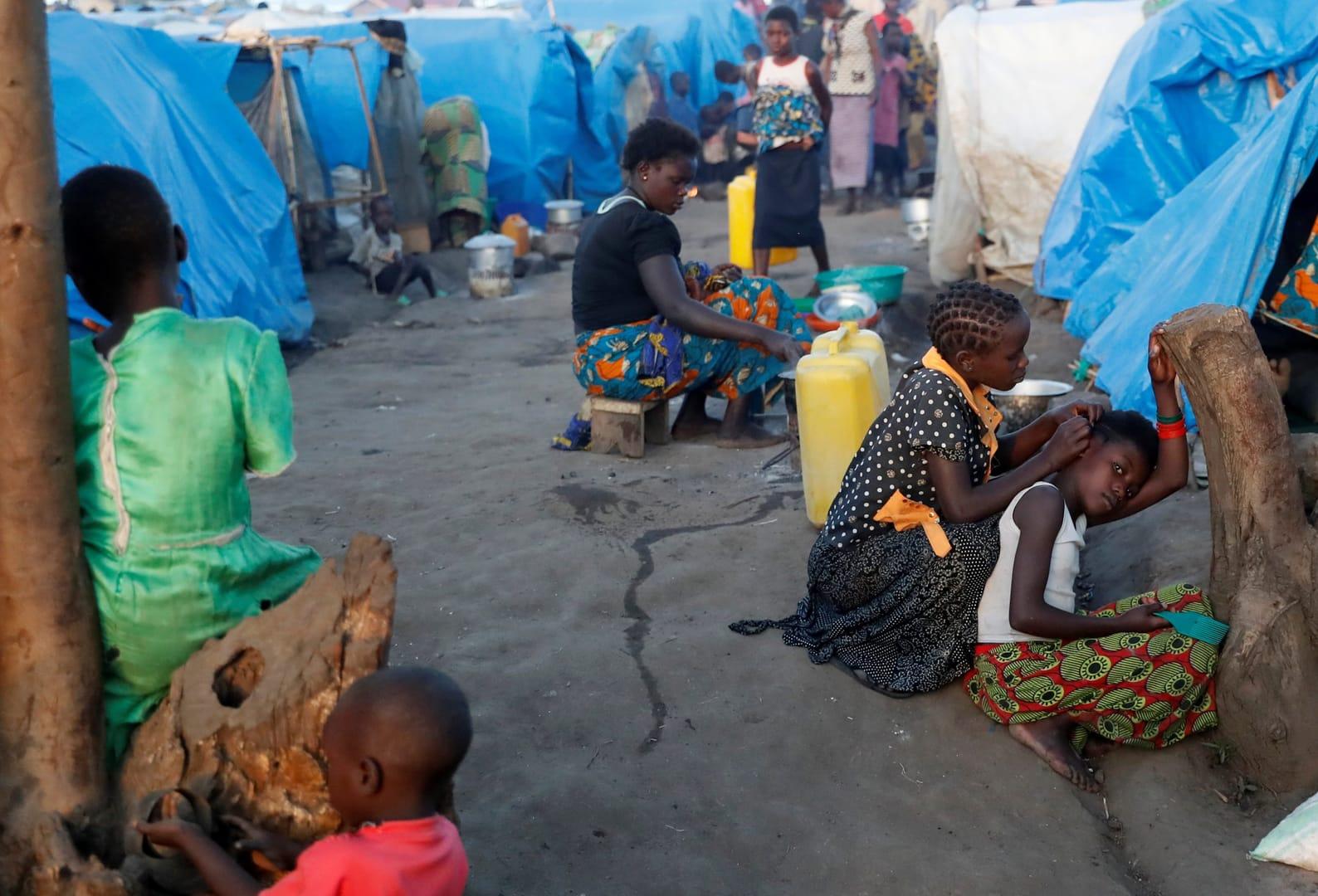BENI, Congo — An Islamic State group in Africa claimed responsibility Tuesday for two explosions in eastern Congo, including its first suicide bombing, deepening fears that extremists have now laid roots in this corner of the continent long plagued by rebels.
The claims came just days after a Ugandan man detonated his explosives at a busy intersection in the eastern town of Beni, where both U.N. peacekeepers and the Congolese army have maintained a large presence in recent years.
Authorities at the time said he was a member of a rebel group known as the Allied Democratic Forces, or ADF. While ADF has pledged its allegiance to the Islamic State group, there has not been independent corroboration that the two organizations were working in coordination with one another beyond sharing ideology.
While no civilians were killed in Sunday’s suicide bombing, it came on the same day that another explosion rocked a Catholic church in the area, authorities said.
The Islamic State’s Central Africa Province claimed responsibility for both explosions. It said that the suicide bomber was targeting Christians at a bar in Beni, according to the SITE Intelligence Group that monitors communications from extremist groups.
The IS group, in a separate statement, also said it had detonated an explosive device inside the Butsili Catholic Parish. Authorities have said two people were wounded.
Eastern Congo has been mired in conflict for more than a quarter-century particularly near its border with Rwanda. Armed groups there have vied for control of the region’s mineral resources.
The ADF, which traces its origins to nearby Uganda, has mounted an escalating number of attacks in and around Beni in the last several years even as the community was struck by an Ebola epidemic. The rebel attacks have brought gunfire to the center of town on multiple occasions, prompting anger from community members about the U.N. and military’s inability to stop the violence.
Authorities in Beni have urged residents to remain calm, and closed schools, markets and churches for 48 hours after the attacks Sunday.
The news of a suicide bomber terrified many Beni residents, who feared it was a sign extremists have made deeper inroads putting the community at risk.
“Here in Beni we have never seen such things,” Mumbere Mafuta said after Sunday’s attacks. “Today it is a bar, church and market. We don’t know if tomorrow it will be a school. May God help us.”












